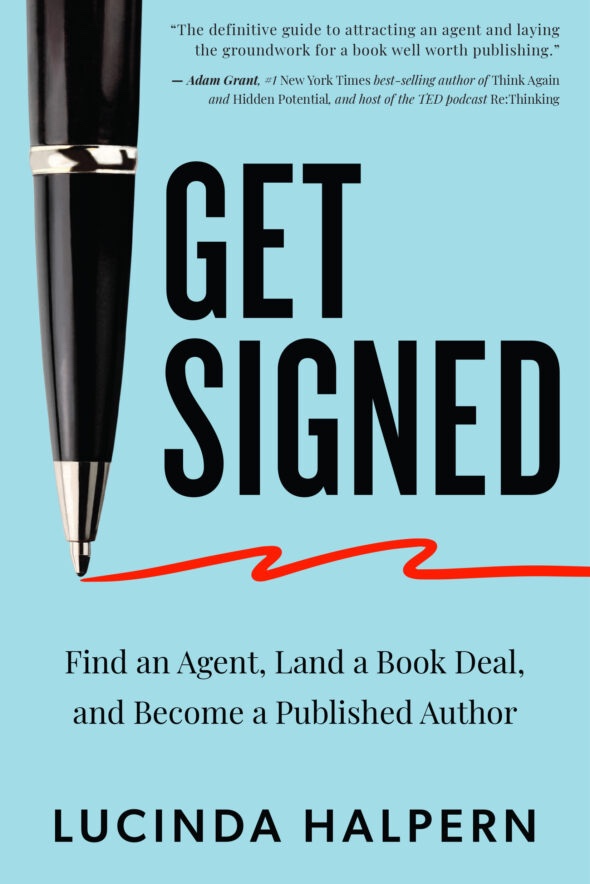Search
The Most Common (And Avoidable) Query Mistakes We See
 Here’s the hard truth: literary agencies receive over 20,000 queries each year. Of those, so few will be seen and read by actual agents.
Here’s the hard truth: literary agencies receive over 20,000 queries each year. Of those, so few will be seen and read by actual agents.
This is hard to swallow. When I spend time writing something, and think it’s fairly good, I want it to get it noticed!
So I can only empathize with how writers feel.
There are a number of common errors we see in our submissions pile that are truly easily avoidable. It’s just that the information you’ve probably been receiving…is bad. In a surprising number of cases, the publishing “wisdom” you’ve learned has actually damaged your chances.
Here’s what you’ve told us you’re hearing:
- Agents don’t care who you are if you’re not a celebrity
- Your letter should lead with a lengthy synopsis of your book
- You should never contact an agent to follow up unless you’re contacted first
The most common query mistakes are those that reveal nothing about the writer, their marketability, and leave us with nothing memorable or aspirational about the book proposed.
- Agents want a sense of who you are as a person, your work ethic, your openness to collaboration, and most of all, your built-in audience
- We are far more interested in the promise of what your book could be, than what the tactical plot points are (because if the writing’s not very good, or we can’t relate to the characters, who cares what happens?)
- What’s the worst that can happen? An agent doesn’t respond? Says no?
Are you feeling better yet?
Here’s what you can put into practice right away:
First, make sure you’re giving a warm, honest, personable, and confidence-inspiring account of who you are (without overkill) and why you’re contacting a particular agent.
Second, be narrow about your genre, and broad about your book’s appeal. Focus less on the plot points, and more on where the reader’s mind and heart will go upon reading your synopsis.
Third, a useful follow up isn’t optional, it’s required.
As usual, we’re happy to debunk all of the publishing expertise leading you astray. This business takes grit—we believe in you.








